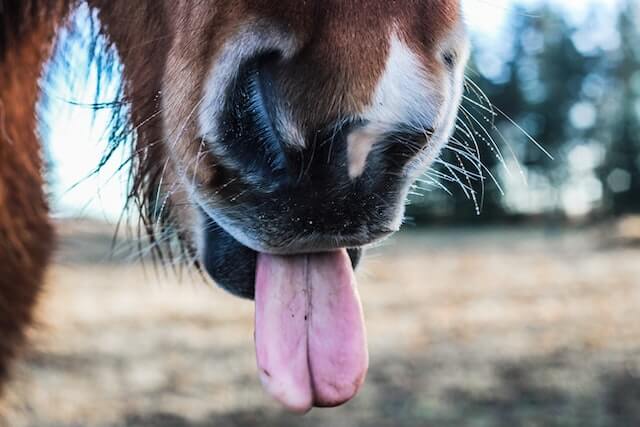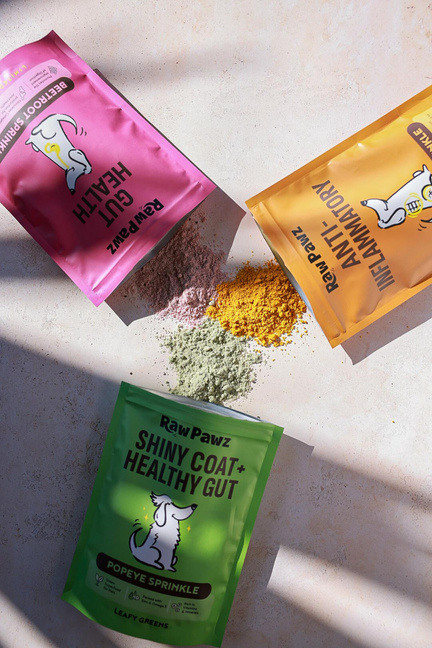How to tell if your pet's weight is in a healthy range
The health and wellbeing of our four legged family members can sometimes be drowned out by the hustle and bustle of a busy lifestyle. We get busy and may not notice if our pet has gained or lost a little weight. Weight gain is one of the primary drivers of many of the chronic health conditions in pets, seen today and weight loss can similarly be a sign of ill health.
So how can you quickly and readily determine where your pets’ weight is at?
The ideal pet shape would ensure that there is minimal fat covering the ribs and that the ribs can be easily felt, but not obviously seen. When viewed from above your dog’s waist should be clearly discernible from their rib cage. Dogs should also have a visible abdominal ‘tuck’ when they are viewed from the side.
If your pet has no waist from above, or no tuck from the side then you may need to consider alteringtheir diet and activity. On the other hand, if you can clearly see your pets rib cage then you mayneedto increase their caloric intake to help get their body fat back up.
A common chart many veterinarians use is the Body Condition System, which is a great visual representation of the optimal, healthy shape of your pet.
While the Body Condition System chart is incredibly useful for large breeds or dogs with smooth or short coats it may not be the most effective method for smaller breeds or breeds with thicker, fluffier coats.
For a quick at home trick we like to use what is known as the Knuckle Test! Using three different parts of your hand you are able to determine the ideal weight range or coating of fat that should be present over the rib cage of your pet, no matter what their fur or coat!
These easy, at-home tricks are great to use however if you are still unsure if your pet is within its healthy weight range it’s always best to seek help from a professional such as your local veterinarian




